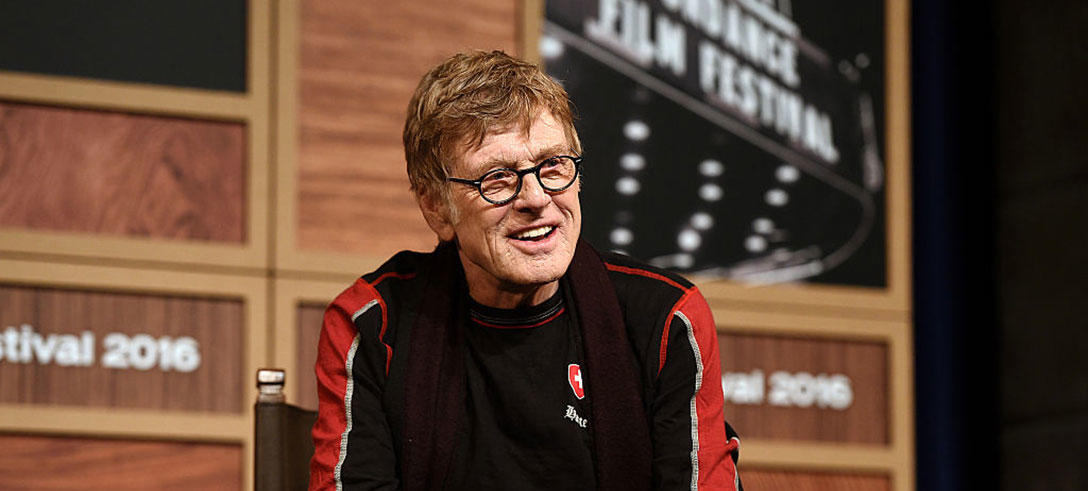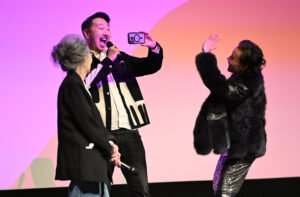Sundance Institute President and Founder Robert Redford | © 2016 George Pimentel/WireImage
Nate von Zumwalt
If there was a prevailing motif to Thursday’s press conference kicking off the 2016 Sundance Film Festival, it may have come in the form of a corrective to commentary surrounding diversity in the film industry following last week’s disappointingly homogeneous Oscars news. Perhaps it’s the inevitable timing of the Festival, swelling conspicuously amidst awards season, but Redford once again found himself repeatedly foiling others’ efforts to detract from Sundance’s 10-day celebration of independent film. Just as he pointedly remarked several years ago to not “let that get in the way of why we’re here,” the longtime actor and filmmaker once again opined on the importance of remaining present, while also reframing the conversation around diversity in cinema.
“Diversity comes out of the word independence. That’s the principle word that we operate from,” Redford said. “If you’re independent minded, you’re going to do things different from the common form, and you’re going to have more diverse products.”
Occasionally that means not seeing those products duly recognized despite their merit. Speaking directly to the public’s concern regarding the lack of diversity this awards season, Redford placed the art itself ahead of any superficial recognition that it may garner. “When we have these issues that come up, we don’t bring them up. We just put a spotlight on the artists… To me, it’s about the work. Whatever reward comes from that, that’s great.”
Sundance Institute Executive Director Keri Putnam, who joined Redford on stage along with Festival Director John Cooper, conveyed a similar ethos that aligns with the organization’s mission to discover and support independent artists. “The first thing we want to do is make sure we’re really looking at our own work,” Putnam said. “[We want to make] sure we’re reaching into the populations that we want to reach and servicing new storytellers from across the spectrum of our society.”
Putnam also extended the conversation around diversity to include the competing modes of storytelling at this year’s edition. “I’m excited about how many different forms are available for independent storytellers now, and how that’s reflected in the Festival,” she said. “I think the palette for independent storytellers is only widening, and I love seeing what happens.”
Festival Director John Cooper, the de facto expert on this year’s films prior to their upcoming premieres, ushered the conversation towards the 2016 slate. He noted a particularly inventive documentary section that continues to redefine the elements of that category, while not entirely severing from its roots. “There is a lot that’s permeating our reality: guns in America, abortion, among other issues,” Cooper said. “But also, there are a whole lot of documentaries that aren’t issue-driven. What we really notice is the changing face of documentary – the use of animation, the use of really clever reenactments, and even the graphics that they’re using to tell these stories are built to engage with the audience.”
Cooper went on to note the “explosion of virtual reality” in this year’s New Frontier section, in part to commemorate the section’s 10th anniversary. The Festival’s head man conceded, “I was a bit of a naysayer about it until you start putting that headset on and going into these realities that are so moving.”
Without fail, Robert Redford closed the day with an insight for a young filmmaking student in the crowd – and a message that could serve us all well. “To me what’s most important if you want to tell a story, and you want to own the story you’re telling: Get out in the world. Hit the road. Have some real life experience that’s going to feed your mind.”







